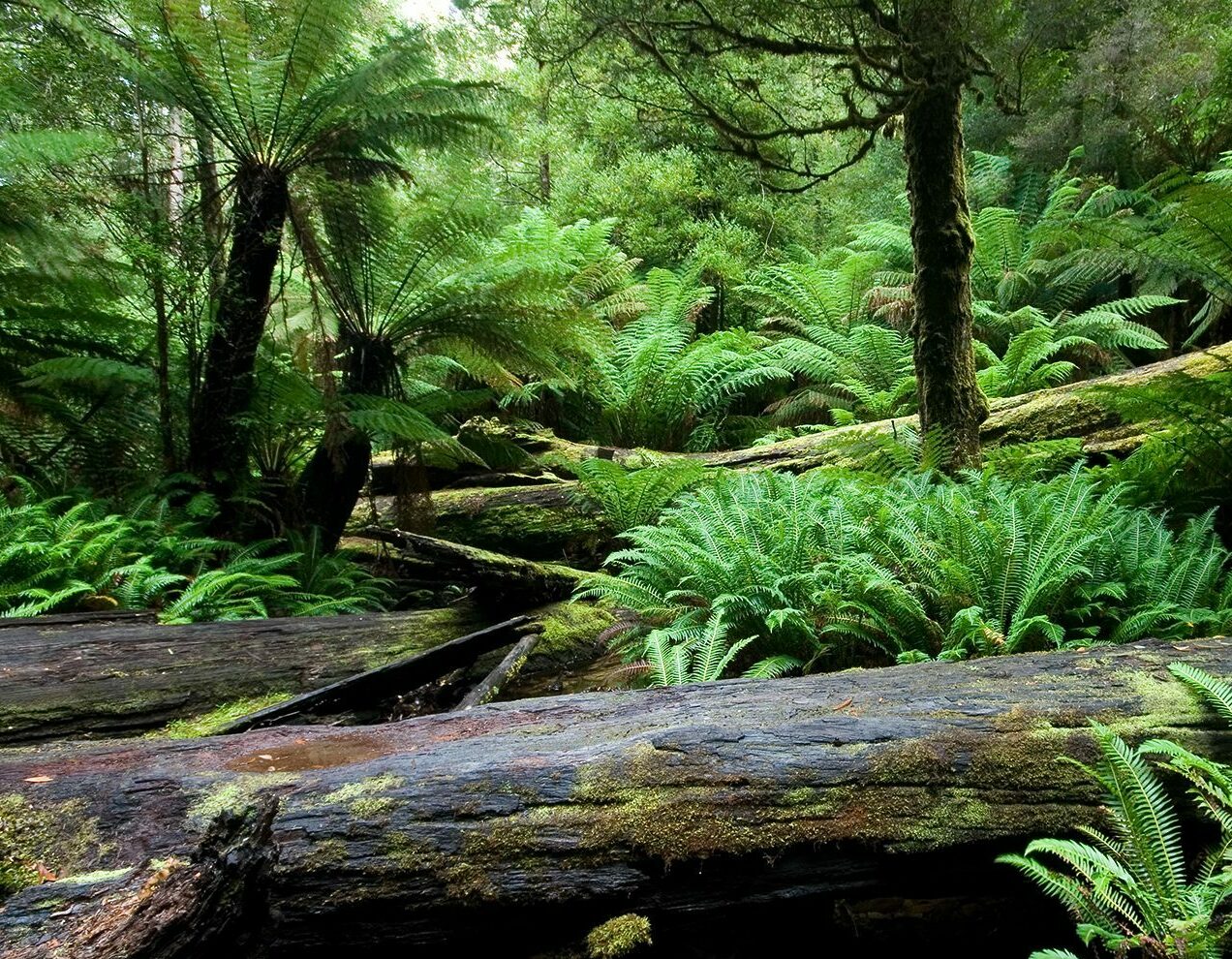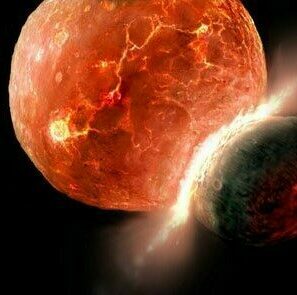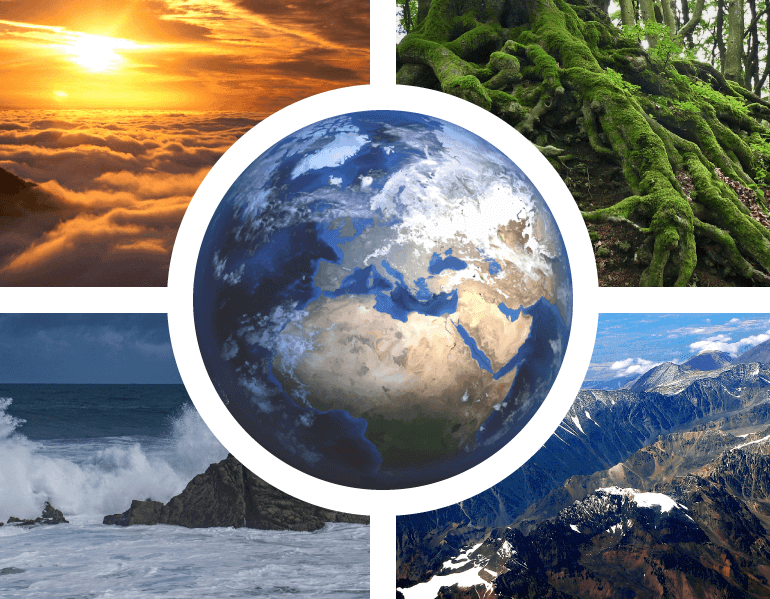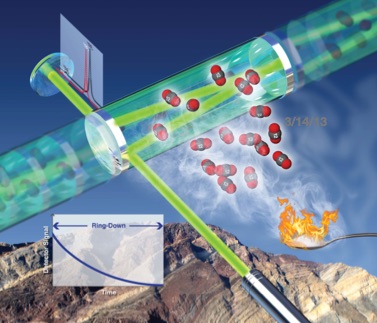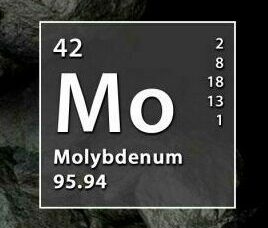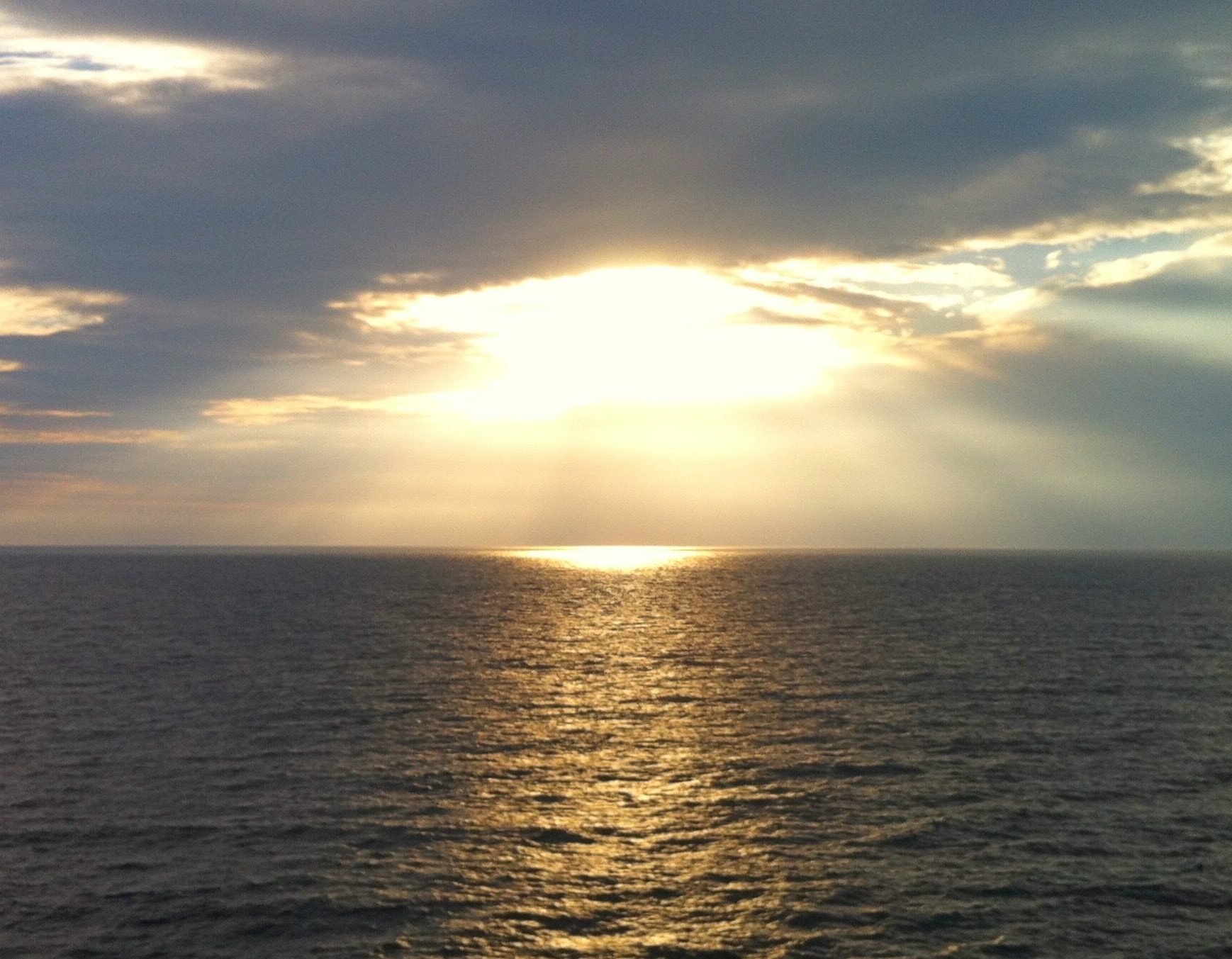Archives
Earth’s core formation
Planets form through bigger and bigger impacts, resulting in a more and more violent collisions. The Earth and the Moon are believed to have formed after a collision between two giant proto-planets of the size of Venus and Mars. In this event, the majority of Earth’s core is believed to have formed. During my master’s … Read More
What regulates O2 on Earth?
In our research group, we seek to understand how environmental parameters are controlled on Earth. Uranium (U) is sourced to oceans via rivers and is slowly removed in both oxic and anoxic ocean settings giving it a long residence time relative to ocean mixing time scales. U is retained in carbonate rocks that also record … Read More
Laser based carbon spectroscopy
As a student in isotope geochemistry, the first words you will hear is “mass spectrometry”. Perhaps one day in the future, the first words will be “cavity-ring down spectrometry”. In a study led by David Balslev-Clausen, we measured carbon isotope compositions in rocks to compare the performance of conventional mass spectrometry and the brand new … Read More
Molybdenum reduction in nature
At the Goldschmidt conference in Davos 2009, chemist Anthony Chappaz told me about the potential of using synchrotron radiation to determine the speciation of amorphous (non-crystalline) materials. This approach could potentially provide fundamental insights to how molybdenum (Mo) is cycled in the environment. The technique was first applied in the geochemical literature by the famous … Read More
Oxygenation of the Earth’s oceans
Animals evolved on our planet 3,500 million years after the origin of microbial life forms. Thus, we present a rare form of life that is not representative of life in the Universe. Why did complex organisms evolve so late in Earth’s history? Something seems to have triggered evolution towards intelligent life forms. Could this ‘something’ be … Read More

